Two high profile departures from Bordeaux estates have been announced over the past month – Sylvie Cazes from Chateau Pichon Comtesse de Lalande and Jean-Guillaume Prats from Chateau Cos d’Estournel, both 2nd Growths from the 1855 classification. Neither are owners of the chateaux, but are the faces you are most likely to see at tastings or events around the world. This is often the case for Bordeaux, where it is the director who is the public figurehead of the most celebrated wines, and who has enormous influence over its style.
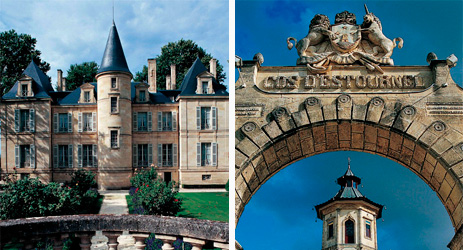
Chateau Cos d’Estournel(right)
This means that staff changes, which often go unremarked by wine drinkers, are actually a great indicator of what is going on behind the scenes, and can be a useful thing to look out for in terms of whether a wine is likely to change in taste profile, but also potentially go up or down in value.
So what should you be looking out for? One indicator of a style change would be if the newly appointed director has any technical expertise – in which case it is more likely he or she will influence the style, or whether the change is also accompanied by a change in owner, or in wine consultant. When you start looking, it’s striking – and surprising in a region that is considered as traditional and unshakeable as Bordeaux – how often these things have an effect.
A good example is Chateau Kirwan, who back in 2007 hired a new director, Philippe Delfaut, who had previously been the technical director of fellow Margaux property Chateau Palmer. He ushered in a more elegant, classic Margaux style (far more in keeping with that practiced at Palmer) after a few years when Kirwan had been criticised for over-oaking its wine, and losing some of the classic taste markers of the Margaux appellation. To achieve this, he oversaw specific technical decisions– in this case a slightly earlier picking date, slightly shorter maceration time for the grape skins, and slightly lower temperature during the process of turning the grape juice into alcohol.
Similarly, the arrival at Chateau Marquis de Terme of new director Ludovic David, who came from Bernard Magrez’s Chateau Fombrauge, has ushered in a successful run of vintages at the 1855 4th Growth estate. An oenologist and agronomic engineer, David has delayed picking dates to ensure fully ripe fruits, and employed a longer, gentler maceration of the skins and juice – both things that ensure this classically-styled claret has deepened in richness and structure.
Another indicator of change might be a new consultant – less easy to keep a track of, perhaps, but also capable of impacting upon a style. An example of this would be Chateau Serilhan in Saint Estephe, who took on Hubert de Bouard in 2008, replacing previous consultant Olivier Dauga. As a consultant, de Bouard has gained a higher profile recently since his own estate, Chateau Angelus in Saint Emilion, has been promoted to Premier Grand Cru Classé A, so joining the rarefied world of the First Growths. He has brought out a complexity and elegance in Serilhan – and his profile has also helped to raise the status of his client. Interested wine drinkers might want to take note of some of the other estates that he consults for – such as Chateau la Pointe in Pomerol or Chateau Chantegrive in the Graves.
Michel Rolland, one of the region’s best-known consultants (often expected to help with the profile of his clients as well as their wine), says it is important to bear in mind that changes after new staff arrivals will not be swift. ‘It’s very difficult to judge the impact immediately. When a director changes, we often don’t see the results for seven or eight years because, particularly with the big wines, we don’t drink them right away. If a director changes today, he will have worked on the 2011 vintage right through to the blending – and will have overseen the harvest of the 2012. Those wines will be drunk in 2018 at the earliest – so a director coming in now will not have his results judged by regular drinkers for almost a decade. It’s one reason why tasting notes during en primeur are so useful.’
Generally speaking, the more ‘big name’ the chateau, the less a new consultant or director should impact on the style of wine – because not only the terroir but the long-developed personality of the estate will be the primary consideration. Eric Boissenot, consultant for Chateaux Lafite Rothschild, Latour, Margaux and Mouton Rothschild, says the greatest estates, ‘hope the wine will speak for itself, without needing to shout.’
What is certain is that every time senior staff at chateaux move on, there is a huge amount at stake. We now know that Nicolas Glumineau, ex technical director of Chateau Montrose, is to take over from Cazes at Pichon Comtesse de Lalande. Frédéric Rouzaud, president of Maison Roederer and owner of Pichon Comtesse, clearly understands the risks. ‘It’s never easy when new staff arrive, particularly in to key roles. They have to integrate into the existing structure – and usually in the top Bordeaux chateaux, the team has been there for decades – and they have to understand the philosophy of the property. In turn as an owner, we have to get to know how they work, and to allow them to bring their own ideas to the mix. It takes time and patience, and you have to hope, as the French say, that ‘la mayonnaise prend’ – that everything comes together.’

Columnist Introduction
Jane Anson is Bordeaux correspondent for Decanter, and has lived in the region since 2003. She is author of Bordeaux Legends, a history of the First Growth wines (October 2012 Editions de la Martiniere), the Bordeaux and Southwest France author of The Wine Opus and 1000 Great Wines That Won’t Cost A Fortune (both Dorling Kindersley, 2010 and 2011). Anson is contributing writer of the Michelin Green Guide to the Wine Regions of France (March 2010, Michelin Publications), and writes a monthly wine column for the South China Morning Post in Hong Kong, where she lived from 1994 to 1997. Accredited wine teacher at the Bordeaux Ecole du Vin, with a Masters in publishing from University College London.
Click here to read all articles by Jane Anson>>
All rights reserved by Future plc. No part of this publication may be reproduced, distributed or transmitted in any form or by any means without the prior written permission of Decanter.
Only Official Media Partners (see About us) of DecanterChina.com may republish part of the content from the site without prior permission under strict Terms & Conditions. Contact china@decanter.com to learn about how to become an Official Media Partner of DecanterChina.com.

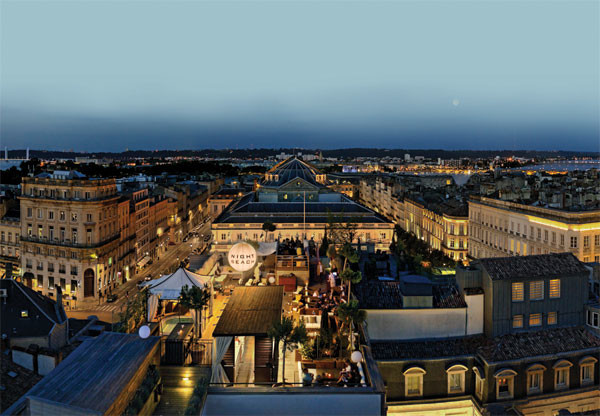
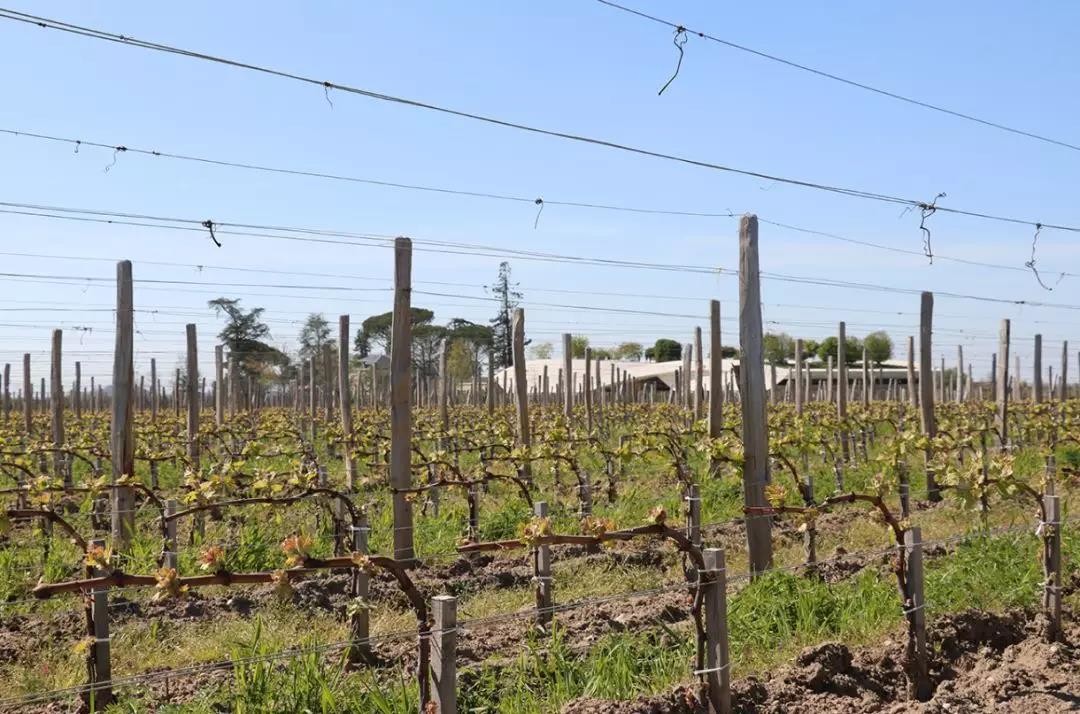
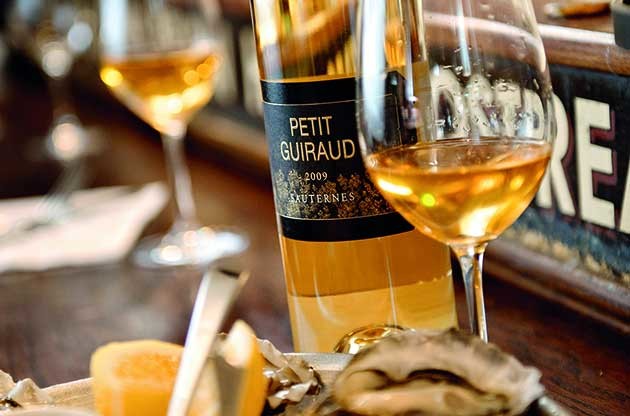
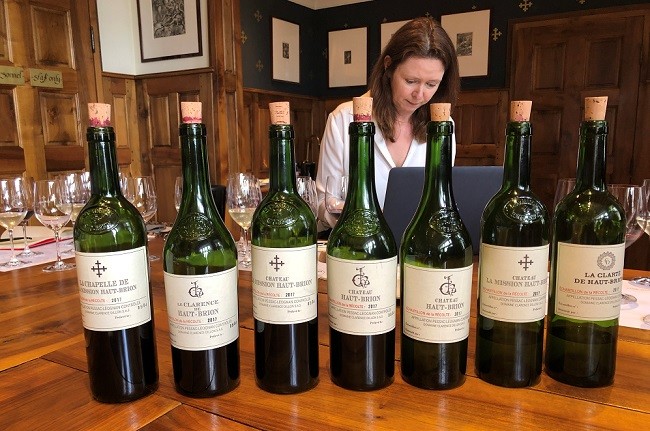

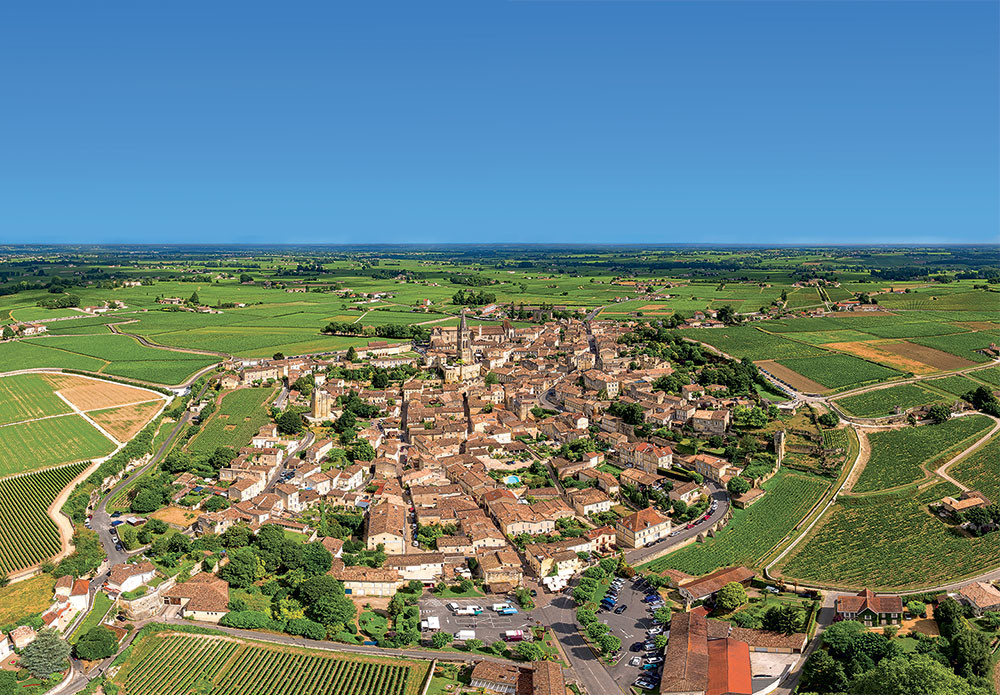



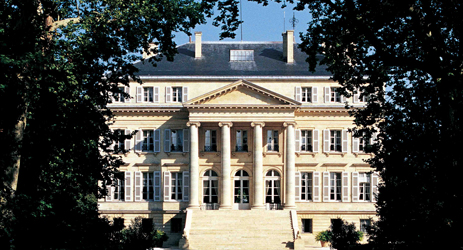
Comments
Submit